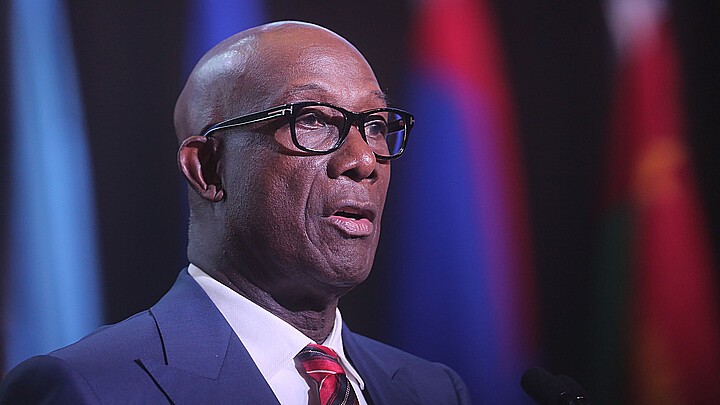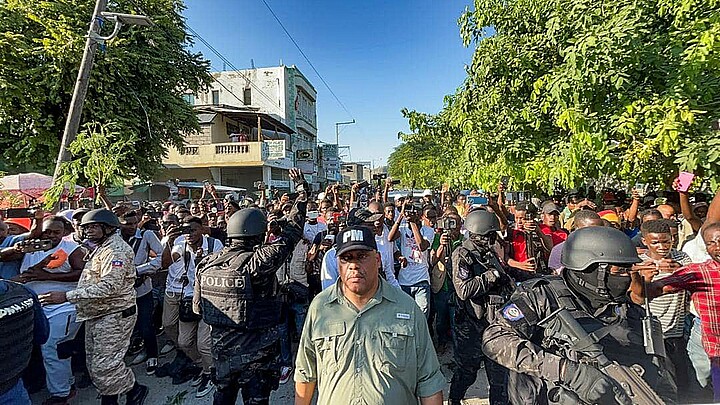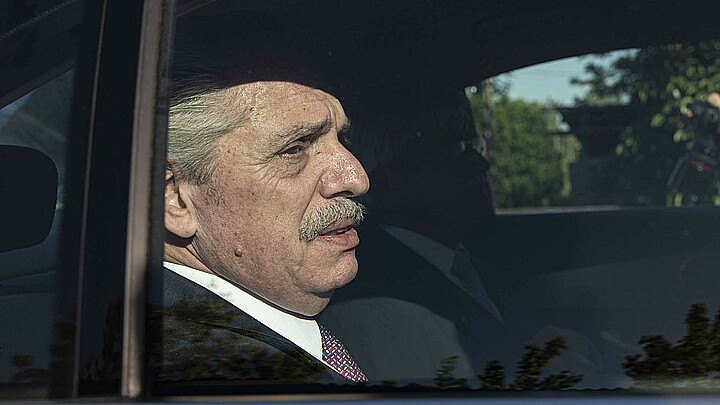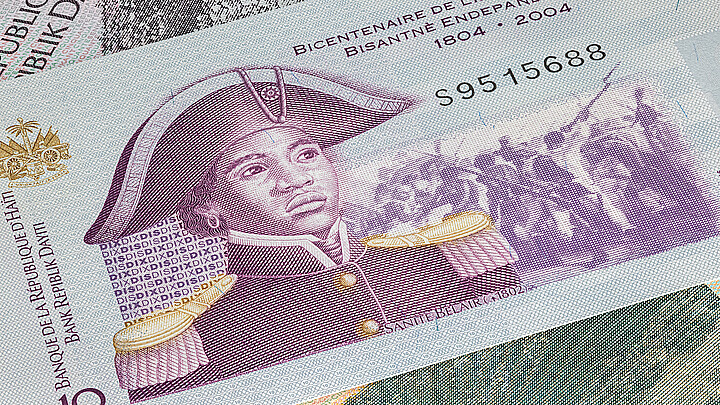Crime
Honduras clones El Salvador, deploys military to fight gangs
The Honduran government deployed hundreds of soldiers to combat criminal gangs under the state of emergency imposed in several cities in the country
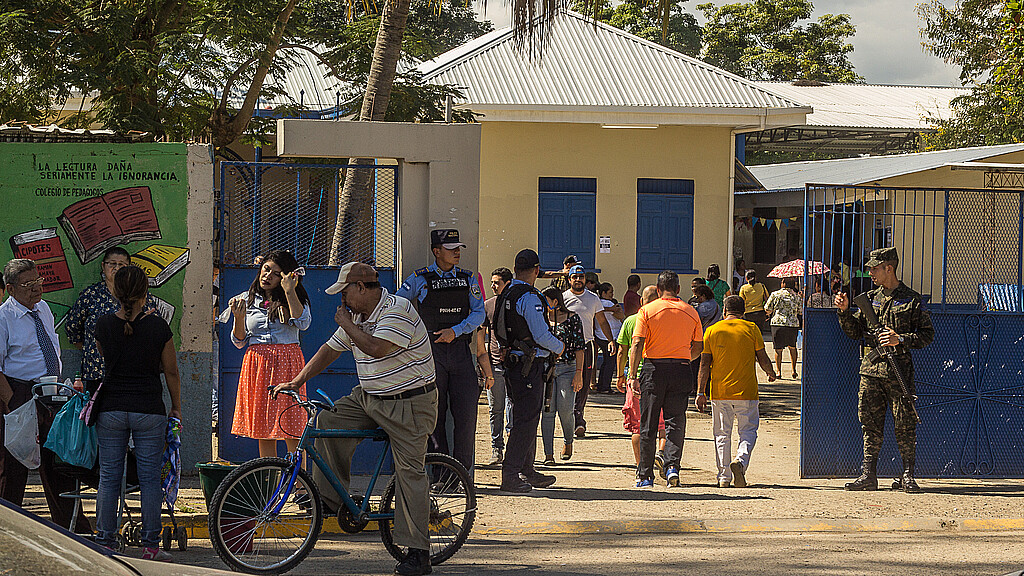
April 5, 2023 8:43am
Updated: April 5, 2023 9:19am
The Honduran government deployed hundreds of soldiers to cities and towns in the interior of the country on Monday to join the fight against criminal gangs or maras, as part of the state of emergency imposed at the end of 2022.
Leftist President Xiomara Castro announced the suspension of constitutional guarantees in the capital, Tegucigalpa, and in the northern city of San Pedro Sula, as part of a strategy against organized crime that has already involved 2,000 police officers in those those areas.
Before coming to power in January 2022, Castro had criticized the use of the military in these tasks during the tenure of conservative former president Juan Orlando Hernández. Already in the electoral campaign, she offered to "demilitarize citizen security."
In a ceremony in a battalion in the capital, Defense Minister José Manuel Zelaya said that "in this new stage we have the task of ending drug trafficking, crime and also capturing gang leaders."
The deployment of troops, which began with hundreds of uniformed officers on trucks, will last six months.
The state of emergency was extended for 45 days in mid-February and now covers up to 17 departments. Until now, the participation has been of the national civil police and the military police, but the government did not specify the number of soldiers who will participate in the new operations.
The measure was questioned by the UN. Alice Shackelford, the organization's resident coordinator in Honduras, expressed her concern about the incorporation of the armed forces in security tasks, arguing that it compromises efforts to demilitarize security in the nation.
The new strategy, called "Solution against crime", was adopted by the government as a result of pressure from businessmen, transporters, residents and government organizations, given the average of 10 daily homicides registered in the country, according to official data.

